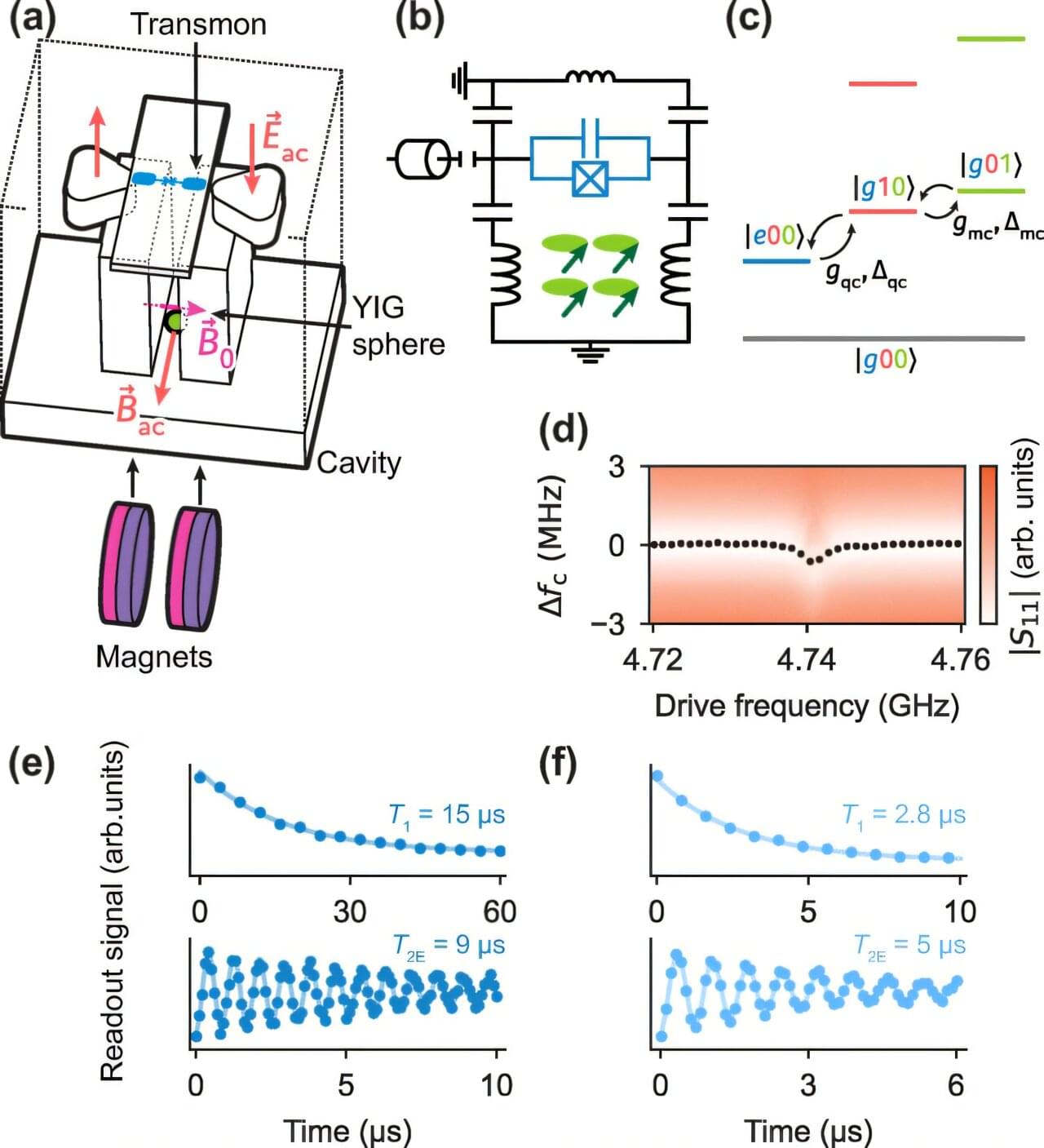Inflammation, long considered a hallmark of aging, may not be a universal human experience, according to a new study from Columbia University Mailman School of Public Health. The research suggests that “inflammaging”—chronic, low-grade inflammation associated with aging—appears to be a byproduct of industrialized lifestyles and varies significantly across global populations.
The findings are published in Nature Aging.
Researchers analyzed data from four populations: two industrialized groups—the Italian InCHIANTI study and the Singapore Longitudinal Aging Study (SLAS)—and two Indigenous, non-industrialized populations—the Tsimane of the Bolivian Amazon and the Orang Asli of Peninsular Malaysia. While the inflammaging signature was similar between the two industrialized populations, it did not hold in the Indigenous groups, where inflammation levels were largely driven by infection rather than age.









